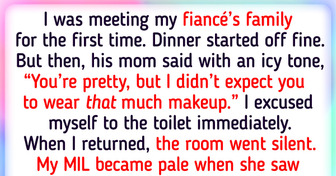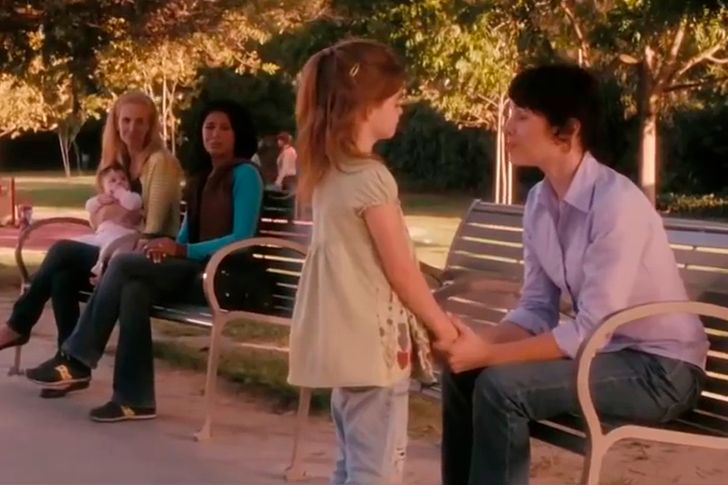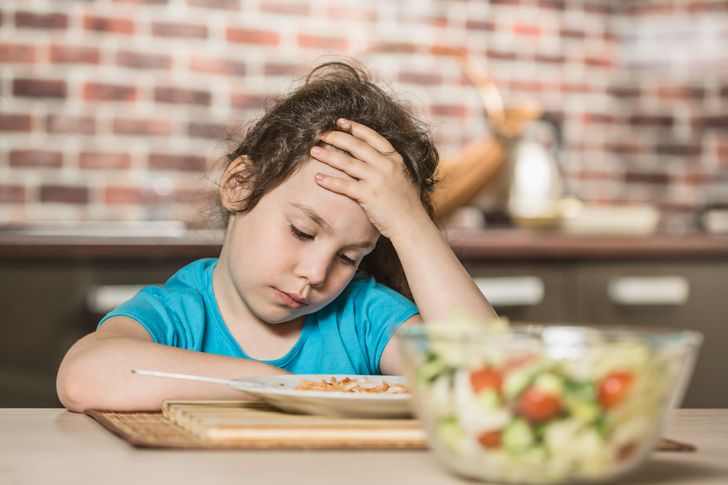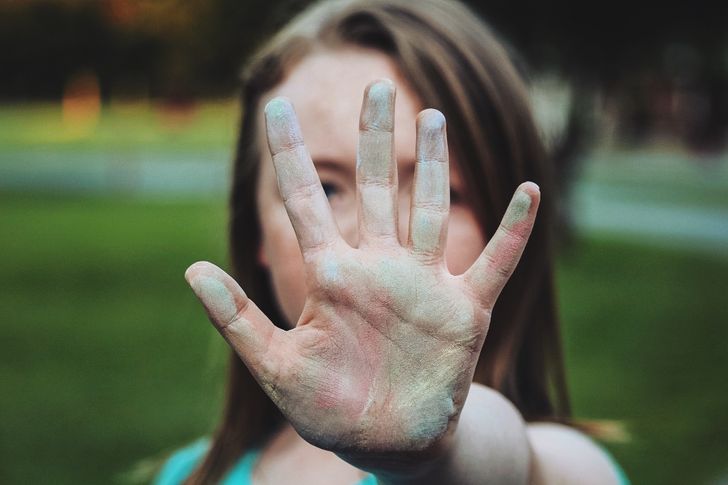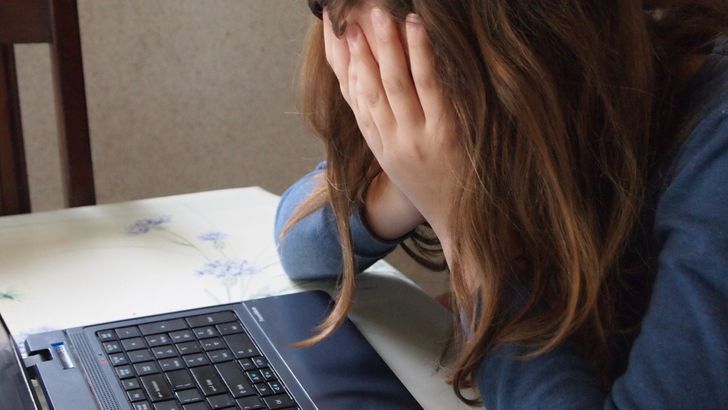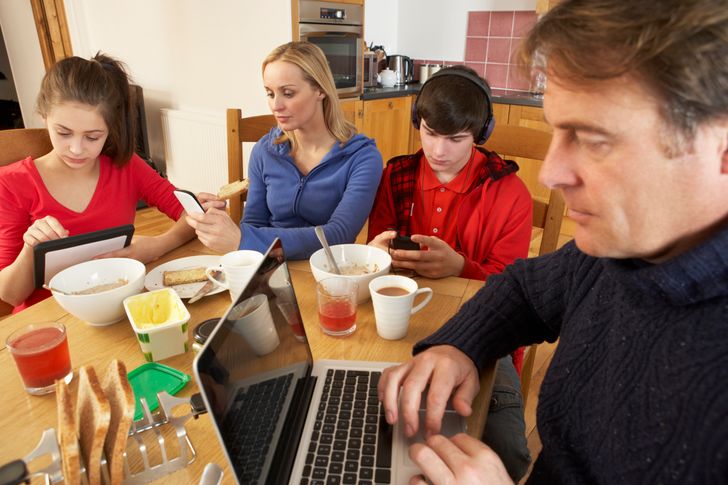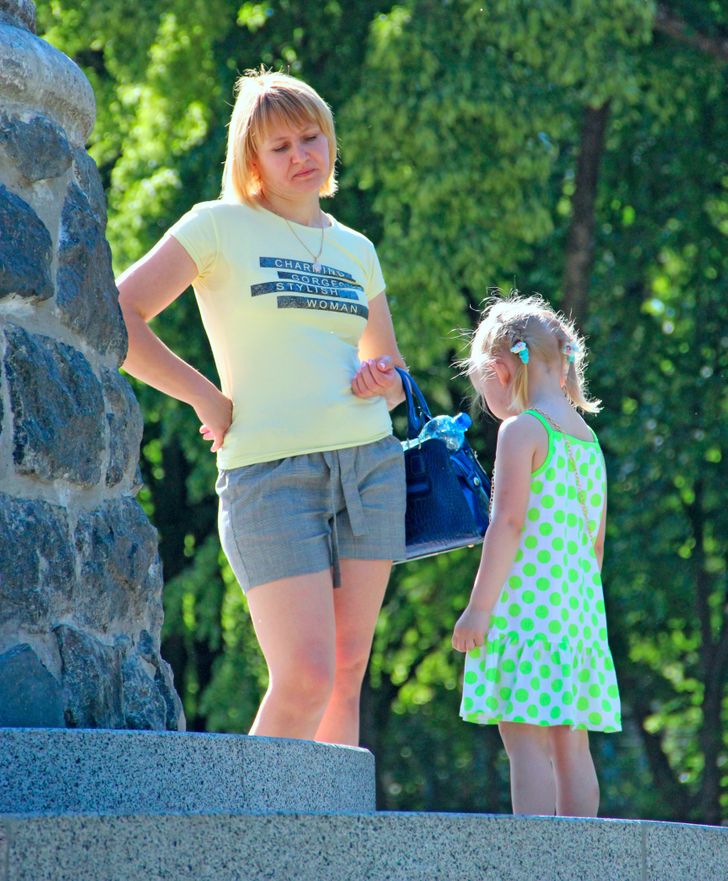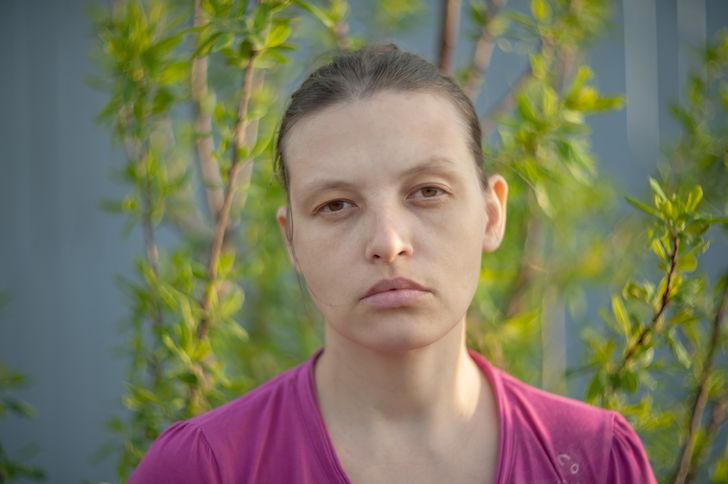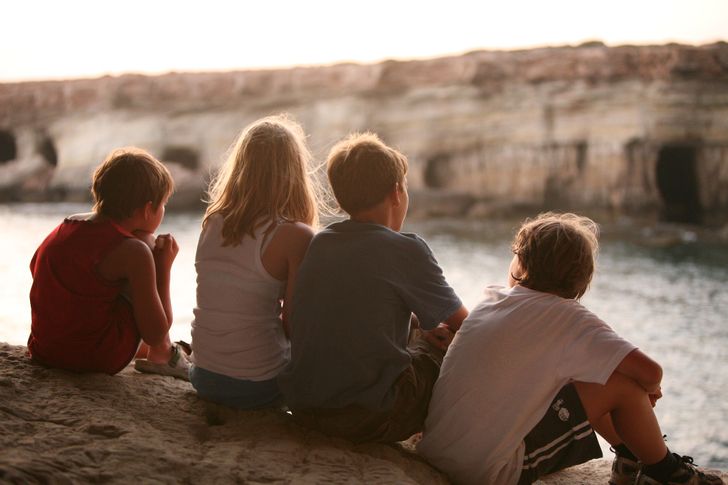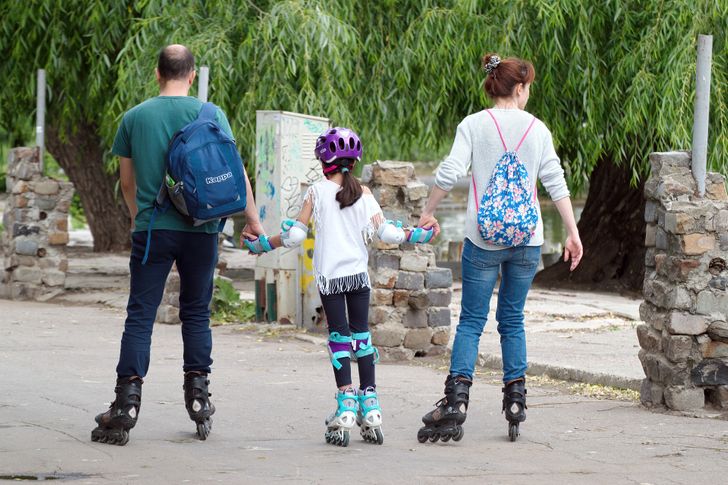well, these are all harmful. I'm just 11 and some of them are true. especially the no, bullies, relatives
12 Popular Rules From Adults That Turn Children Into Lifetime Psychiatry Patients
Parents put in a lot of effort to give their children the best in life, and these are not always material things. But sometimes, these efforts don’t lead to anything good. Most of our problems stem from childhood and this fact is important for us to remember as adults.
We at Bright Side understand that raising children isn’t an easy job. But you don’t have to be an expert in child rearing to give unconditional love to your sons and daughters. We asked the opinion of internet users about what mistakes adults make when raising children. And this is what came out of it.
1. We tell children to ignore bullies.
-
“Ignore bullies and they’ll leave you alone.” As a result, one of 2 things is likely to happen: either they’ll mess with you more, or they’ll move to someone else and bully them. You should stand up to bullies and put them in their place. The earlier you do that, the sooner they understand that bullying other people is a bad tactic of behavior. © EGoldenRule / Reddit
-
The more you ignore bullies, the more difficult it becomes to stand up to them. Because every time you endure bullying, bullies see it as a sign of weakness and the bar gets raised. Children need to learn to say “no” and to stand up for themselves. Sometimes, they don’t want to do that because they don’t want to be bad or hurt someone else. Many children don’t want to make someone else feel bad. So the second lesson is that not everyone is supposed to be your friend and you don’t have to show kindness to people who want to hurt you. © MerlinsCat / Reddit
2. We ask children to obey older people and to trust them.
-
Teaching kids to not ask questions just because someone is older, or allegedly wiser, is one of the most frustrating things that I see on a daily basis. How is a child supposed to ever develop any individual ideas if they can’t think for themselves? © AtLeast5 / Reddit
-
Once, I found out my dad didn’t believe in evolution and global warming. When I asked him why, he replied, “Because you should never blindly believe any person, whether I say it or your teacher says it.” I appreciate him for always letting me have the opportunity to form my own opinions. I’m 26 now, and I’m still figuring out that some small facts I learned as a child are total nonsense. © ughyesofcourse / Reddit
-
Once during dinner when I was 7, I told my mom that the chicken wasn’t fresh, that I wouldn’t eat it, and that I didn’t want anyone else to eat it either. My mom told me to stop talking and show respect for adults. Everyone ate the chicken but me. And everyone got food poisoning but me. © WalterWhitesHairLine / Reddit
3. We show that it’s embarrassing to lose.
- “Being wrong is bad.” That’s why many people don’t change their minds, even when they were given trustworthy sources — they still don’t want to admit they were wrong. © oti890 / Reddit
-
I’m a high school teacher, and I’ve noticed that many kids don’t do anything because they’re afraid of making a mistake. But how else are you going to learn? It’s really sad to see a child who does poorly in school because of their fear. I always remind kids that mistakes are normal. © myfeetdontmatch / Reddit
-
Some parents seem to teach their kids that you should argue until the end, and admitting that you were wrong is considered losing. But it’s totally fine to change how you feel about an issue. This doesn’t make a person weak. © DankMemes148 / Reddit
4. We say that “no” is a bad word. It’s a strong word, but not a bad one.
-
I’m in my 30s, and I still have trouble telling people “no.” I’m polite even to people who don’t deserve it. And it’s not because I have such good manners, but because I wasn’t allowed to be rude since I was a kid. © Your_Worship / Reddit
-
My strategy on how to get rid of this problem is to practice out loud how to say “no” with a friend, to practice dealing with awkward silences, and to practice standing up to repeated pressure. You can even prepare for a presentation or an interview this way. © CorporateDroneStrike / Reddit
5. We teach children to rely exclusively on themselves.
- Parents don’t interfere in their kids’ problems because they believe that it’s only going to get worse from there. They also like to say, “Do you think school is hard? You’re just a kid who has no idea about adults’ problems.” This breeds an emotional disconnect between parents and their kids. And it makes kids feel alone and realize that nobody will care about their issues because their problems are “nothing.” © Fantalitymlp / Reddit
-
I love my parents, but whenever my brothers and I got into a fight, they basically just said that they didn’t care. This really affected my ability to ask others for help. © respect_the_69 / Reddit
6. We tell girls that boys behave aggressively because they’re in love with them.
-
Once, my classmate poked my knee with a pencil and I had visible bruises afterward. The vice-principal explained to me that this guy was acting like this because he was in love with me. After this situation, I was afraid to be attractive for a long time and kept men at a distance. It’s just a nightmare. © stressmare / Reddit
-
My mom told me that when a boy in kindergarten bullied me, it was because he liked me. I couldn’t understand this. It’s good that my dad explained that what this boy did was wrong and that his behavior was not a sign of him liking me. © Ahstia / Reddit
7. We impose our anxiety onto our kids.
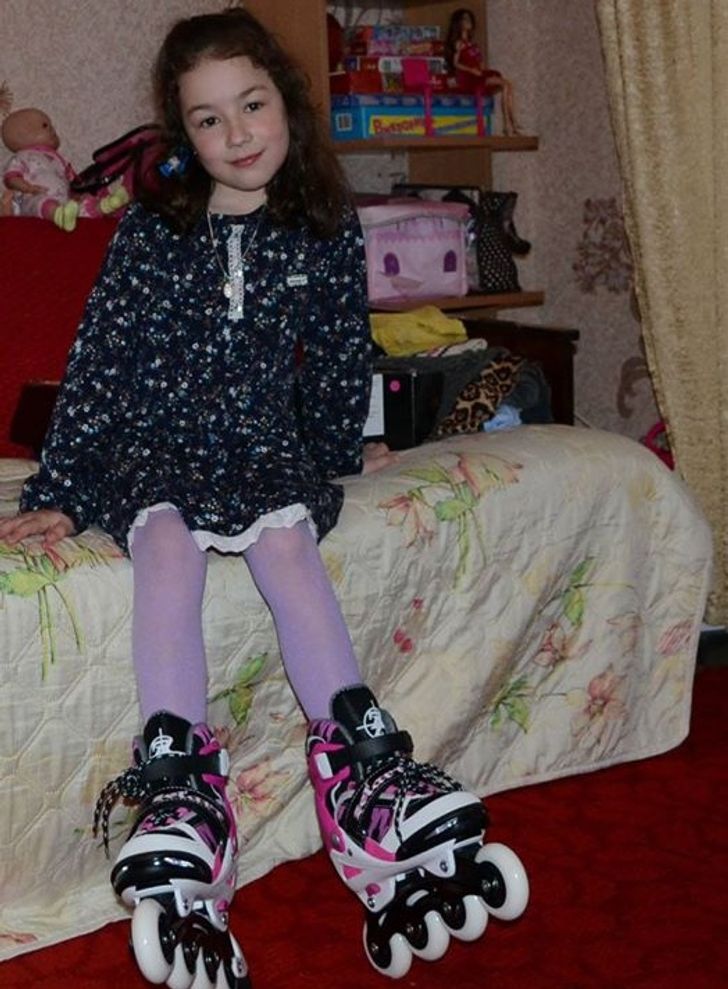
- In kindergarten, we were prohibited from playing soccer because it was “too dangerous.” We were going just to kick the ball and not to do anything too risky. © DarkHelix_ / Reddit
-
Every time I accidentally fell on the playground, my parents would prohibit me from playing there. They banned everything — the climbing wall, the swings, the balls. Then they finally banned running altogether. All I could do was look at how the other kids were playing. Even such innocent games like Pokémon cards and Bakugan were banned too. Luckily, these bans only lasted a few months, long enough for my overprotective mom to calm down. © pseudostrudel / Reddit
8. We set a bad example.
-
Kids are starting to use social media very early these days, and I think that this is not completely safe, because the kid starts to attribute their worth to their social media success. I also think that parents are way too negligent when they post photos of their kids on their personal accounts — it’s totally a violation of the child’s privacy. But parents will never admit to that. © kay37892 / Reddit
-
The amount of parents I see on social media, who are just sharing everything that happens in their child’s life, is astounding. Maybe, this may not be a big deal to you, but the child may be really upset that all mom’s friends know about their personal business and that they give their opinions on it. © goggle_pocket / Reddit
9. We demand perfection in any activity.
-
The fear that I won’t be able to deal well with a task, makes me ditch it completely — this is my mental gridlock. I often postpone some tasks until the stress of not getting it done outweighs the fear of doing it poorly. Then I rush to finish it and worry the whole time about the amount of time I spent on making it perfect. © OmniYummie / Reddit
- Perfectionism is at odds with a rapidly changing and evolving culture. Perfection is the enemy of good. © Spr0ckets / Reddit
10. We ask children to suppress their emotions.
-
It’s impossible to repress emotions. This will only cause them to bottle up and accumulate to the point of exploding in an instant. © eldritch_candy / Reddit
-
My parents ask me to control my emotions and act like a mature person. But when I am in a situation that causes a storm of negative feelings inside me, I can’t repress them. My parents’ opinion is that I am weak and immature. In reality, I have no coping mechanisms. It’s a pity that they can’t understand me. © ujke_brf / Reddit
-
My parents used to make fun of me when I started to cry. They even created a song and sang it every time I started crying. So 27 years later, I can’t cry at all, and I can’t tell others about my feelings when I experience stress. (By the way, my parents are really nice people, but I was their first child in the early 1990s, so they didn’t really know how to deal with a crying son). © fernandotakai / Reddit
11. We decide who our children should be friends with.
-
Children can choose who they want to communicate with, and they should learn to bear social accountability. If little Laura doesn’t know how to tell the truth, it’s okay to not play with her. If little Billy throws sand in the sandbox, you don’t have to play with him. Laura and Billy need to learn how to behave appropriately. © lethologica5 / Reddit
-
In the kindergarten my son attends, there’s a strict “you do not have to play if you don’t want to” policy. No one has to play with anyone they don’t want to play with. No one has a right to hug or touch a child, if the child is against it. No one has to share their toys or other school supplies if they don’t want to. This is a very modern approach to upbringing. © bunnz4r00 / Reddit
12. We set children up against one of their relatives.
-
My parents blamed each other’s genes when they didn’t like something about me. This has led to serious self-esteem problems that I continue to try to solve as an adult. © dyam / Reddit
-
My mom has spent years bad-mouthing my dad, while my dad has never spoken ill of my mom. My mother’s constant aggression and lies directed at my dad has caused me to stop enjoying her company. It baffles me that she doesn’t understand why we don’t appreciate her speaking poorly about someone we love. And she also wonders why my brothers and I are not “the best sons.” © Pesky-noises / Reddit
Can you share with us what harmful affirmations you learned in childhood that you still haven’t managed to get rid of?
Comments
I recall being told that I should "stop it with the crocodile tears" - guess they thought I was faking being upset and/or they didn't care about how I felt.
Related Reads
12 People Whose Real Stories Beat Any Hollywood Script

16 Heartfelt Stories That Feel Like a Gentle Embrace
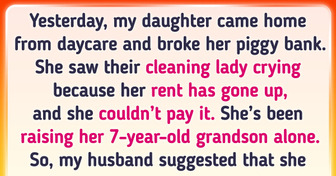
My Husband Will Be Banned From Delivery Room, Because of His Creepy Behavior During My Pregnancy
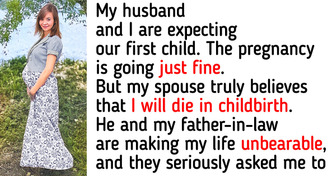
15 Unusual Body Traits We Weren’t Prepared to See Today
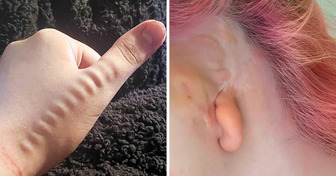
19 Houses and Apartments That Have More Secrets Than an Antique Casket

15 Tweets From People Who Had a Special Day at Work
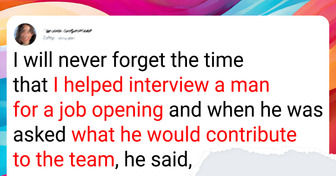
People Recall the Weirdest Things They’ve Experienced and Still Expect to Find an Answer To

17 Families Who Don’t Know What Boredom Is
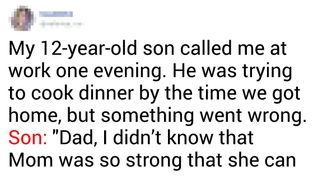
18 Painfully Strict Rules Parents Forced Their Kids to Follow
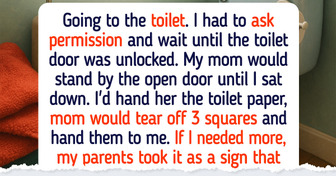
I Threw My Stepmom Out of My Dad’s House — It’s Not a Free Hotel
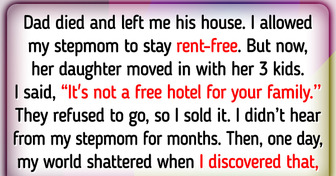
12 Real-life Stories That Show Kindness Can Move Mountains
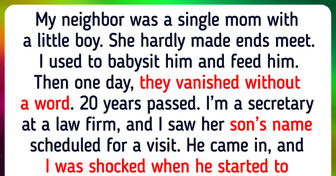
My Future MIL Publicly Shamed Me — I Made Her Regret It
